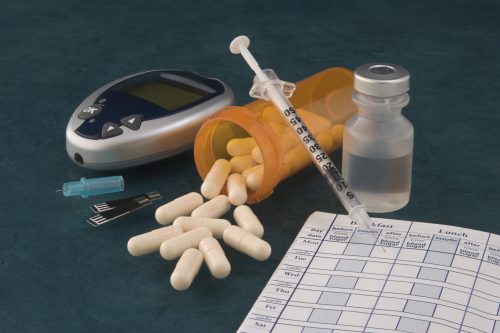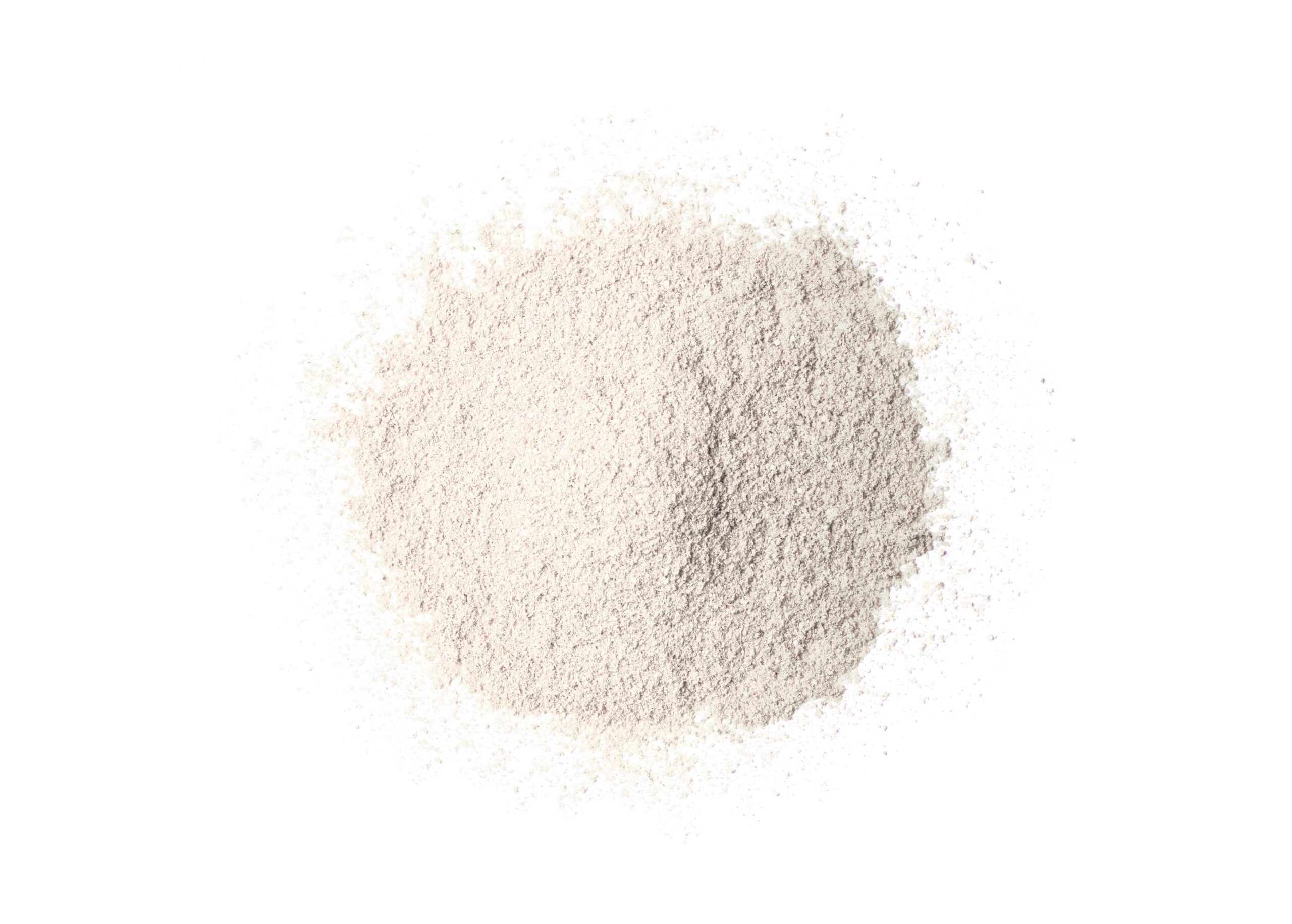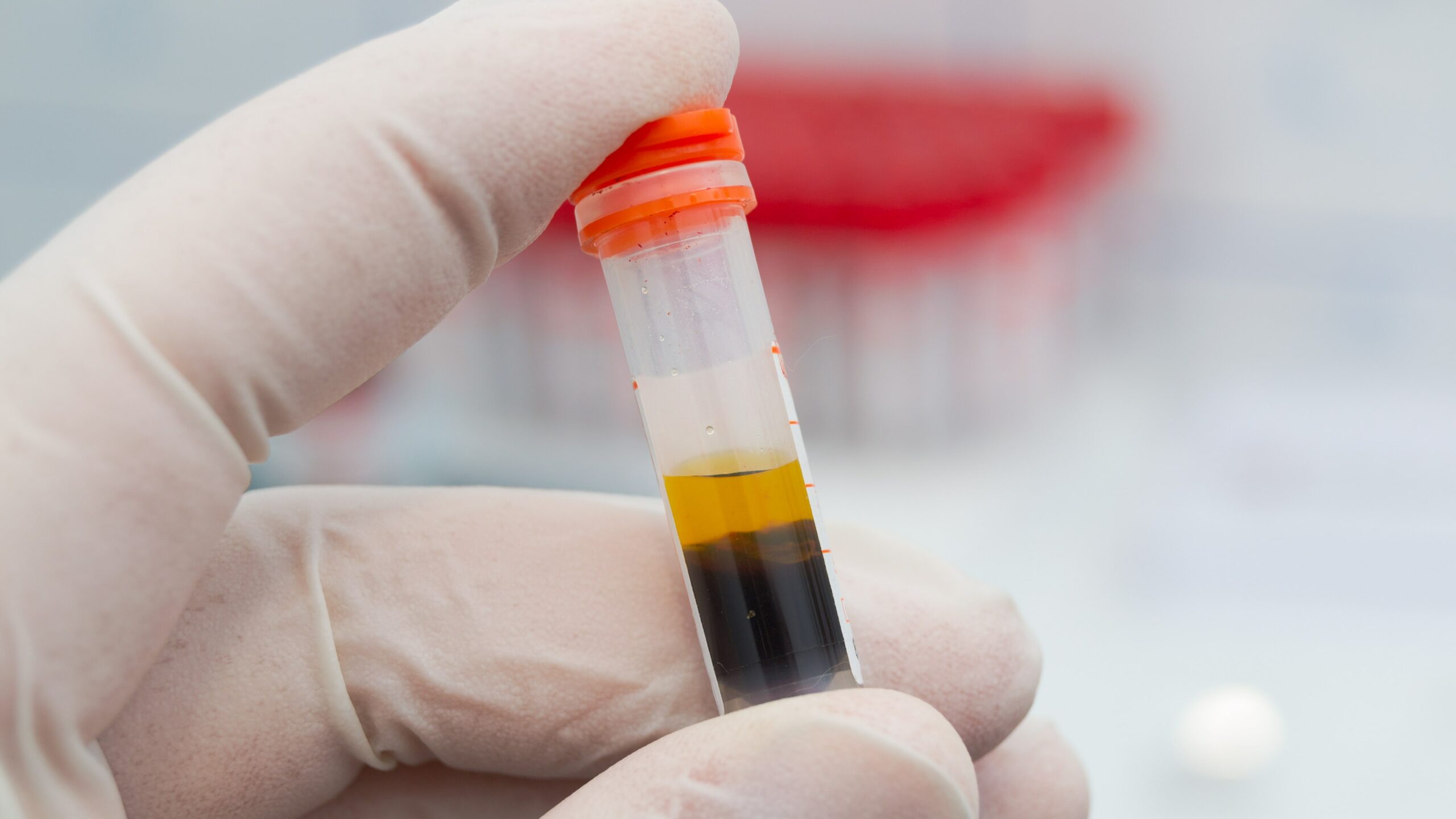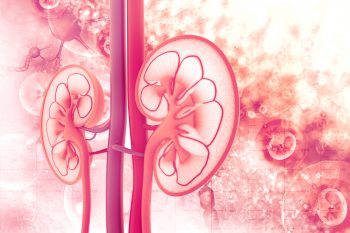
Hyperkalemia
Part of NephTimes
Advertisement
Use of SGLT2i with RAASi is associated with reduced risk for hyperkalemia in the clinical setting, a study found.
A study compared the risks of cardiovascular events in hospital settings among patients with CKD with and hyperkalemia.
Can SZC help with RAASi maximization without resultant hyperkalemia in patients with HFrEF and CKD?
Wei Ling Lau, MD, discussed the potential impact of AccurKardia's AK+ Guard hyperkalemia detection software.
Could the use of potassium binder SZC with dialysate potassium reduce postdialysis heart arrhythmias?
Researchers estimated hyperkalemia incidence in patients with chronic kidney disease from routine clinical care.
A study assessed the efficacy and safety of hyperkalemia treatment and identified risk factors associated with hypoglycemia.
Hyperkalemia and metabolic acidosis are common with CKD, and the potassium binder SZC may have benefits for both.
Data from DISCOVER CKD was used to assess the burden and real-world treatment of hyperkalemia in CKD patients.
A study explored the relationship between intake of dietary fiber and hyperkalemia in patients on maintenance hemodialysis.
Researchers assessed the landscape of QSP modeling and developed a use case for QSP to determine hyperkalemia risk.
Researchers examined the impact of a local guideline recommending use of SZC in patients with moderate hyperkalemia.
Anjay Rastogi, MD, PhD, spoke about findings from the ZORA study regarding the efficacy of SZC for hyperkalemia.
The American Kidney Fund introduced guidelines to help patients with chronic kidney disease manage and treat hyperkalemia.
Researchers studied the efficacy of a community pharmacist-led nutritional intervention for outpatients with CKD.
Could SZC use allow for quick and safe initiation and titration of MRAs and long-term optimal dosing for patients with HRrEF?
Authors described the case of a patient with BRASH syndrome-induced atrial fibrillation with a slow ventricular response.
What influence does hyperkalemia have on disease severity and mortality risk among patients admitted to the emergency room?
Researchers studied how race, ethnicity, and other demographic factors relate to the risk of recurrent hyperkalemia.
Transplant recipients often present with characteristics that may be associated with hyperkalemic renal tubular acidosis.
Advertisement




















 © 2025 Mashup Media, LLC, a Formedics Property. All Rights Reserved.
© 2025 Mashup Media, LLC, a Formedics Property. All Rights Reserved.